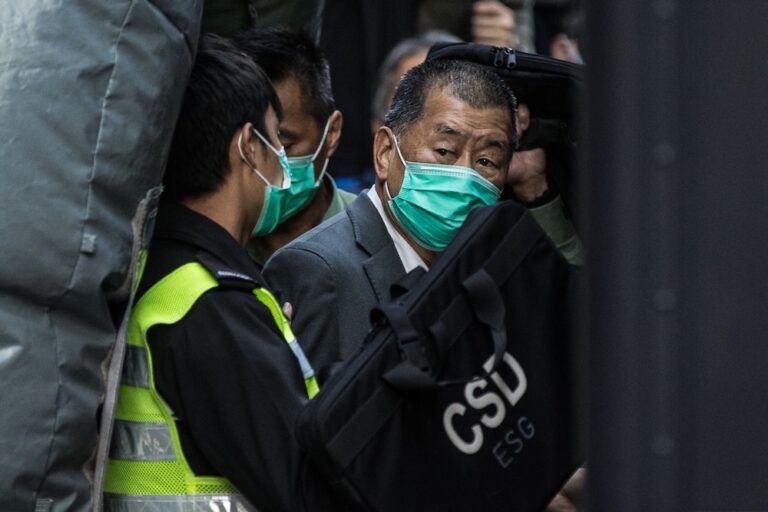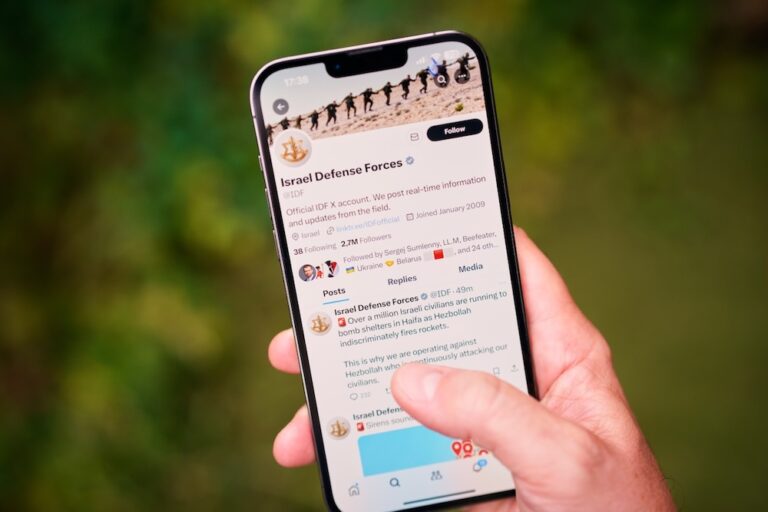Governments across the globe are arguing for new powers to regulate the internet within their countries’ borders for national security, economic health, and other fundamental reasons. Much of this new negotiation for control is occurring between governments and the technology corporations that host and arbitrate online public discourse. Still other aspects of this renegotiation involve who controls how the global internet functions at a basic level.
This statement was originally published on pen.org on 16 June 2021.
The common wisdom used to be that the internet would inevitably make societies more open and free. It would connect people, cutting across cultural and political boundaries. It would offer new opportunities for self-expression. It would give every human being with an internet connection access to the world’s accumulated stores of knowledge and to the digital public square, along with the ability to be their own one-person publishing house. It would be, in the words of internet pioneer John Perry Barlow’s influential 1996 “Declaration of the Independence of Cyberspace,” “the new home of Mind,” far above the governments that were futilely attempting to “ward off the virus of liberty by erecting guard posts at the frontiers of Cyberspace.” Then, the internet was largely viewed as simply too decentralized, too massive, and too untameable for any repressive government to fully and indefinitely control.
Few people would make such optimistic pronouncements today about either the internet’s inevitably liberalizing effect or its irrepressibility. Between a rising tide of governmental regulation of the digital sphere, and the domination of the digital public square by a handful of social media giants, it turns out that the internet is in fact much more vulnerable to top-down controls than its early techno-utopian champions would have predicted. Additionally, as societies grapple with the digital spread of extremism, disinformation, hate, and harassment, experts and everyday people alike are now calling for greater regulation of social media and other tech titans. Few people now advocate Barlow’s call for all governments to simply “leave us alone.”
Today, governments across the globe are arguing for new powers to regulate the internet within their countries’ borders for national security, economic health, and other fundamental reasons. Much of this new negotiation for control is occurring between governments and the technology corporations that host and arbitrate online public discourse. Still other aspects of this renegotiation involve who controls how the global internet functions at a basic level.
In this struggle for control, there is potential for multiple bad outcomes – including further concentration of power in the hands of states or corporations, the erosion of human rights norms, and the subversion of the internet’s continued potential as a space for expression, emancipation, and cultural exchange.
As governments redraw the boundaries of their own authority over the internet, many leaders have endorsed or invoked “digital sovereignty,” a phrase intended to explain and legitimize more expansive governmental regulation of the digital sphere in the national interest. But different governments have vastly different interpretations of what this sovereignty actually entails – which “sovereign” rights governments should have over their nations’ internet, what the strategic goals of such “sovereignty” should be, and what constitutes national interest.
Because the internet traverses boundaries, many of these “sovereignty” efforts will have effects that stretch beyond any one country’s domestic space or the experiences of its own citizens. Analysts and experts have warned that governmental efforts to silo the internet or our data into national boxes, or to impose conflicting national laws on the internet broadly, risk fragmenting the internet and undermining its connective potential. Moreover, authoritarian leaders have invoked their “sovereignty” to enshrine the power of the state – through rhetoric, through law and regulation, and through technological developments – in ways that either foreseeably or explicitly contravene human rights, including freedom of expression, privacy rights, and the right to be free of arbitrary detention or other acts of state-sponsored violence and repression.
All this is happening as governments the world over increasingly adopt their future model of internet governance – including fundamental decisions as to what level of digital freedom they afford their populaces. These decisions increasingly intersect with great power politics, as the digital arena emerges as a new front in the increasingly competitive relationship between the United States and China, so that internet governance and infrastructure now represent a new axis of geopolitical contention.
The framework of digital sovereignty has become popular in part because it appears to offer governments a set of tools to address peoples’ serious and legitimate concerns about unaccountable large foreign corporations – from telecommunications companies who control the infrastructure of the internet, to the handful of social media companies whose algorithms can influence human behavior and whose business model is based on the collection and commercialization of people’s data.
Yet as governments renegotiate the terms of their power over the functioning of the internet, the result can be an increase in digitally-facilitated repression. Governments the world over have passed new laws mandating data localization, granting them new powers over their citizens’ data and new levers of control over transnational corporations; they have pressured or forced companies to trigger digital shutdowns, becoming complicit in repression; they have demanded content takedowns and other forms of censorship. Companies’ compliance is often predicated on the argument that they must comply with national law – yet this compliance inevitably conflicts with these same companies’ responsibilities to uphold human rights.
The future shape of the internet is actively being decided, and along with it, the extent of our rights to freely access information and express ourselves online. That makes this an issue of fundamental importance for those concerned with freedom of expression, cultural interchange, and our human rights both on and offline.
PEN America’s analysis and engagement on these issues is motivated by our commitment to the PEN Charter, first drafted in 1948, which commits PEN Members to “the principle of unhampered transmission of thought within each nation and between all nations.” Today, this principle is most embodied by the global internet – the network that allows human beings to communicate across national boundaries and enables information, opinion, and expression to flourish freely. Today this global project is facing increased threat – and demand defending.
Methodology
In producing this report, PEN America draws upon interviews with more than a dozen experts and advocates on internet policy, digital rights, and country-specific issues, as well as from our review of sources including relevant national legislation and regulations, scholarly and news articles, civil society reports, and international norms and standards.



